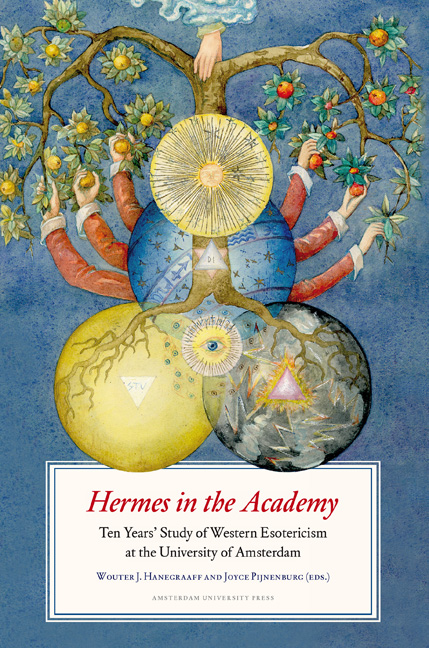Astrologia Hermetica: Astrology, Western Culture, and the Academy
Published online by Cambridge University Press: 20 January 2021
Summary
How should we determine the place of astrology in Western culture? What is the status of astrology in the academy? These questions are intrinsically linked to each other because the dominant discourse that is operative in modern Western societies determines the research topics, the methodological preferences, and the symbolic capital that can be gained in the academy. With regard to the academic study of astrology, scholars who engage the history of this discipline are confronted with presumptions, prejudices, or misunderstandings more often than is the case with other topics in Western history. Often, implicitly or explicitly, it seems to be a question of belief or the lack thereof that determines the discourse on astrology in modern universities.
Scholars in Defense
This situation is the reason why many 19th- and 20th-century historians who focused their research on astrology seemed to feel the need to justify what they did. Auguste Bouche-Leclercq (1842–1924), for instance, ends the preface of his celebrated study of Greek astrology with the remark that it is perhaps not a simple waste of time to study things with which other people have wasted their time. At the end of the 19th century, there was a widespread belief that European post-Enlightenment modernity had left astrological “superstition” behind for good, and that this discipline could now only be studied as a curiosity. This changed with Aby Warburg (1866–1929), whose legendary lecture in 1912 on the cycle of frescos in the Palazzo Schifanoia and its astrological iconography suddenly moved astrology into the center of academic scrutiny. With his study Heidnisch-antike Weissagung in Wort und Bild zu Luthers Zeit (1920) Warburg – and subsequently many scholars of the so-called Warburg School – paid attention to the important role of astrology in the Renaissance. He interpreted the Renaissance as a conscious revival of ancient paganism.
Other scholars of Warburg's generation also made important contributions to our historical understanding of ancient astrology. Franz Cumont (1868–1947) and Franz Boll (1867–1923) collected and edited an incredible quantity of astrological manuscripts and fragments from the ancient Greek world in the Corpus Codicum Astrologorum Graecorum.
- Type
- Chapter
- Information
- Hermes in the Academy , pp. 51 - 58Publisher: Amsterdam University PressPrint publication year: 2009



